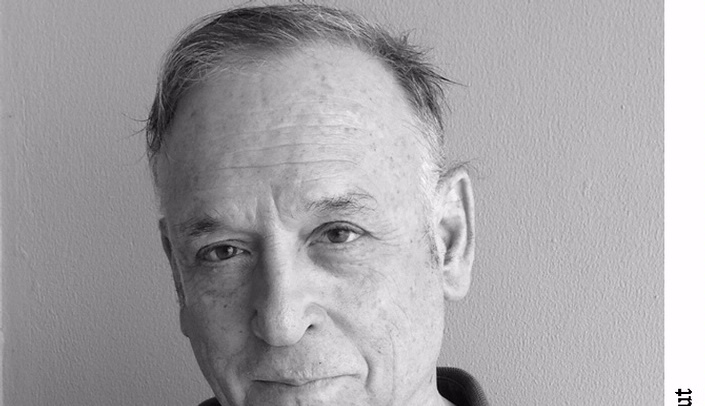Mark Vonnegut, M.D., has experienced life’s ups and downs.
After 19 rejections, he was accepted into Harvard Medical School.
He was hospitalized in his 20s for treatment of bipolar disorder with elements of schizophrenia, graduated from Harvard Medical School in 1979 at age 32 and in 1985 was named Boston Magazine’s No. 1 pediatrician, right before his fourth and most recent breakdown.
The Quincy, Mass., physician will recount his and others’ experiences with mental illness when he delivers the Charles S. and Linda W. Wilson Lecture in Medical Humanities at noon April 22 in the Wittson Hall Amphitheater, Room 3034. The lecture titled, “Great Wits and Madness,” is open to the public as well as to employees, faculty and students. A box lunch will be provided to the first 60 attendees.
“In his courage both to write and to talk openly about his struggles with mental illness, Dr. Vonnegut shows us a human vulnerability from which our profession too often wants to hide,” said Bud Shaw, M.D., professor of surgery and the faculty member who heads the lectureship for UNMC. “Mark’s most recent book is very popular among our medical students, many of whom have never heard of his father.”
Dr. Vonnegut is the son of the famed novelist, the late Kurt Vonnegut, who is best known for his 1969 book, “Slaughterhouse-Five,” an antiwar novel that appeared during peak protesting of American involvement in the Vietnam War.
Dr. Vonnegut's very popular book, “Just Like Someone Without Mental Illness Only More So,” appeared in 2010, 35 years after the publication of "The Eden Express,” his first memoir exploring the trials of serious mental illness.
“In many ways, it is a follow up to his earlier book,” Dr. Shaw said. “Mark was in the midst of what one could consider an utterly normal and highly successful life as a husband, father and pediatrician when he suffered a surprise attack that threatened everything. His story is one of repeated recoveries from an illness he shows us will never quite be cured."
About the Wilson Lecture
The Wilson lecture is co-sponsored by the Linda W. and Charles S. Wilson Foundation for Medical Humanities at UNMC and the University of Nebraska-Lincoln and by the Humanities in Medicine Program at UNL. It is coordinated by Rose Holz, associate director of women’s and gender studies, UNL, and Bud Shaw, M.D., at UNMC.
Dr. Wilson initiated the program at UNL in 1996 to encourage students interested in studying medicine to major in the humanities during their undergraduate years.
He expanded the program to UNMC in 2004 to sponsor humanities lectures and other related activities at the medical center.
A retired cardiologist with the Nebraska Heart Institute in Lincoln, Dr. Wilson served 18 years on the University of Nebraska Board of Regents.
He dropped his pre-med major to study art, literature, music and other humanities — much to the chagrin of his undergraduate counselor who said, "Mark my words, young man, you will never get into medical school."
Dr. Wilson received his M.D. from Northwestern University in 1964.
"I have never regretted doing that (quitting the official pre-med program)," he said during a lecture at UNMC in 2005. "You can major in history or literature or art and still go to medical school. My colleagues often tell me, ‘If I had to do it over again I'd take more — you fill in the blank.’”
Past Wilson Lectures have featured:
2014 — Susan Lawrence, Ph.D., The Ohio State University, making sense of the Civil War.
2013 – Lee Gutkind, founder of Creative Nonfiction, the first and largest literary magazine to publish narrative nonfiction exclusively.
2011 – Susan Reverby, Ph.D., Wellesley College, syphilis studies in Tuskegee and Guatemala.
2010 – David Watts, M.D., University of California-San Francisco, how exposure to literature, prose and poems make medical students more humanistic.
2007 — Lilian Furst, Ph.D., University of North Carolina, Chapel Hill, how developments in the 19th century gave birth to some of the most startling advances in medical history.
Through world-class research and patient care, UNMC generates breakthroughs that make life better for people throughout Nebraska and beyond. Its education programs train more health professionals than any other institution in the state. Learn more at unmc.edu and follow us on social media.
UNMC | Facebook | Twitter | YouTube | Flickr
